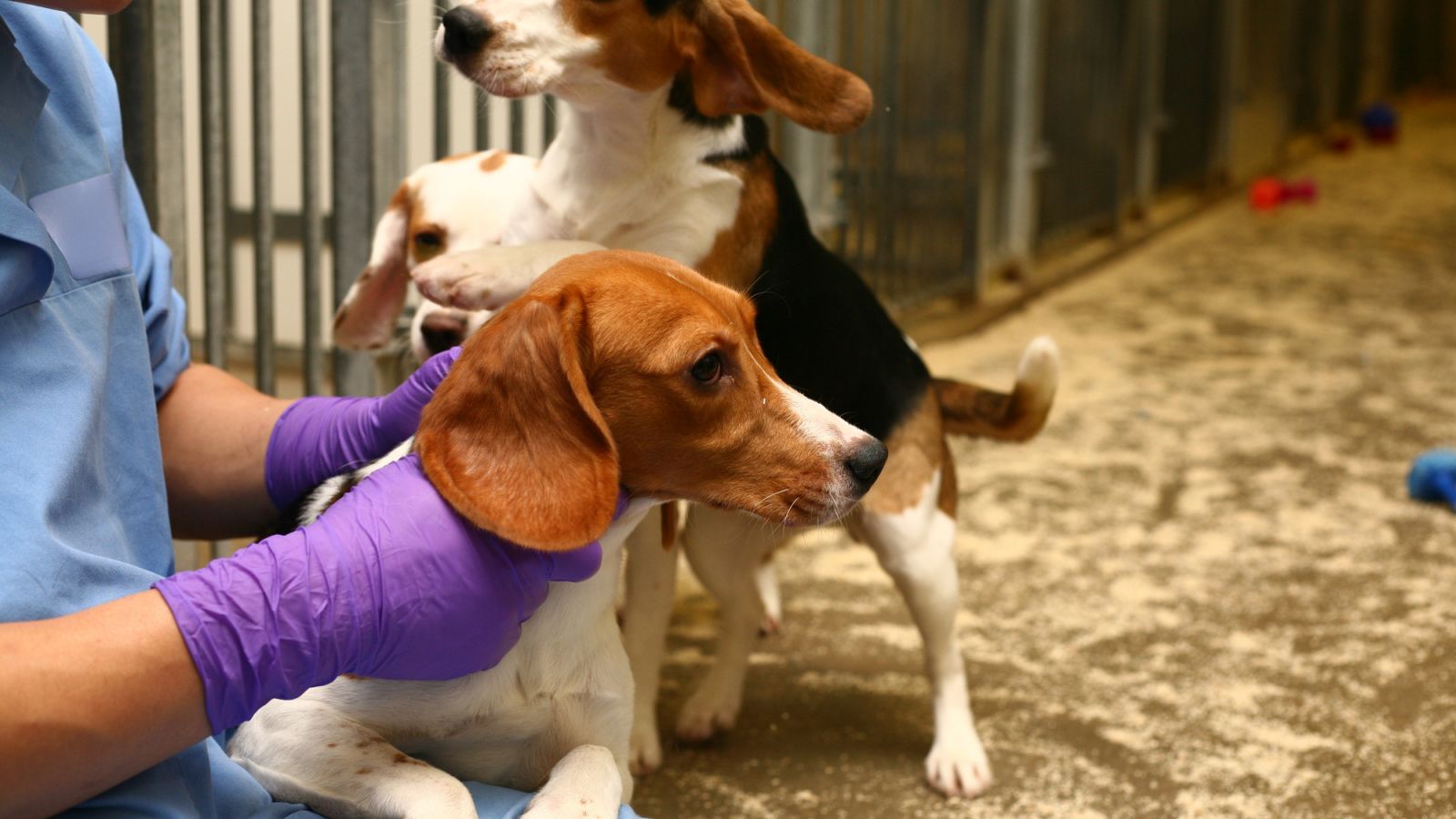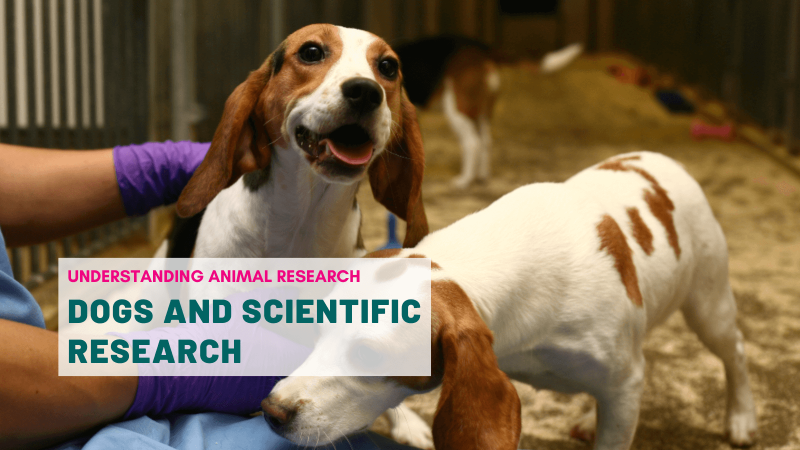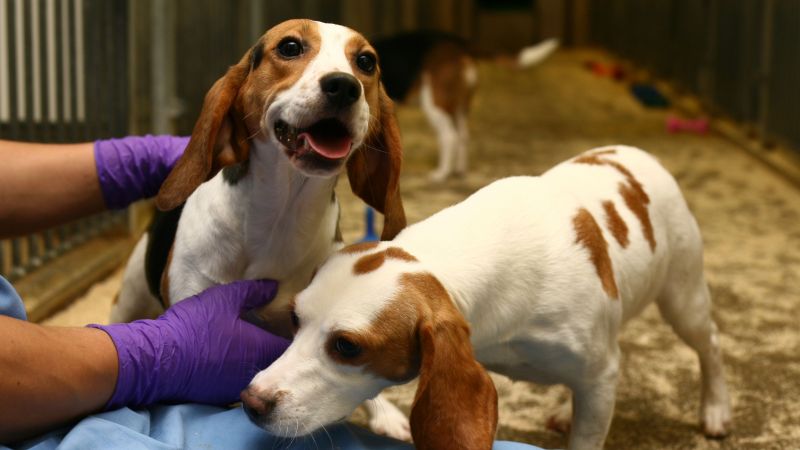Text to go here...
Scientists have cured diabetes in a large animal for the first time using gene therapy. After a single treatment session, involving a few simple injections, the dogs recovered their health and no longer showed symptoms of the disease. The findings show that there is a strong possibility that the approach will work in people.
The treatment delivers two functional genes that allow the dog to sense and respond to changes in blood sugar levels. The first is the insulin gene, which compensates for the low levels of insulin that is the cause of the disease in most diabetics, and the second is glucokinase, which detects sugar levels.
The two genes were delivered in viral “vectors” by near-painless injections into the dog's hind legs. Once in the bloodstream, the vectors are absorbed into the animal's muscle cells where the genes integrate with the dog's genome.
When the dog's sugar levels increases, glucokinase is activated and in turn activates the insulin gene. Insulin is then produced to bring down blood sugar, just as it would in a normal healthy animal.
The research team had already shown that the technique worked in mice but needed a more accurate model of human diabetes. Dogs are often used for this type of research. Following the gene therapy, the dog's blood sugar levels were maintained at healthy levels. The health of the dogs was followed for four years without the symptoms reoccurring or any adverse side effects.
The results show that the gene therapy works and is safe in large animals. The next step will be clinical trials in people. In fact, a gene therapy using the same vector delivery system has already been licensed by the European Medicines Agency, giving hope that patients might not need to wait too long for clinical trials of this new treatment to begin.
Last edited: 11 March 2022 12:22




